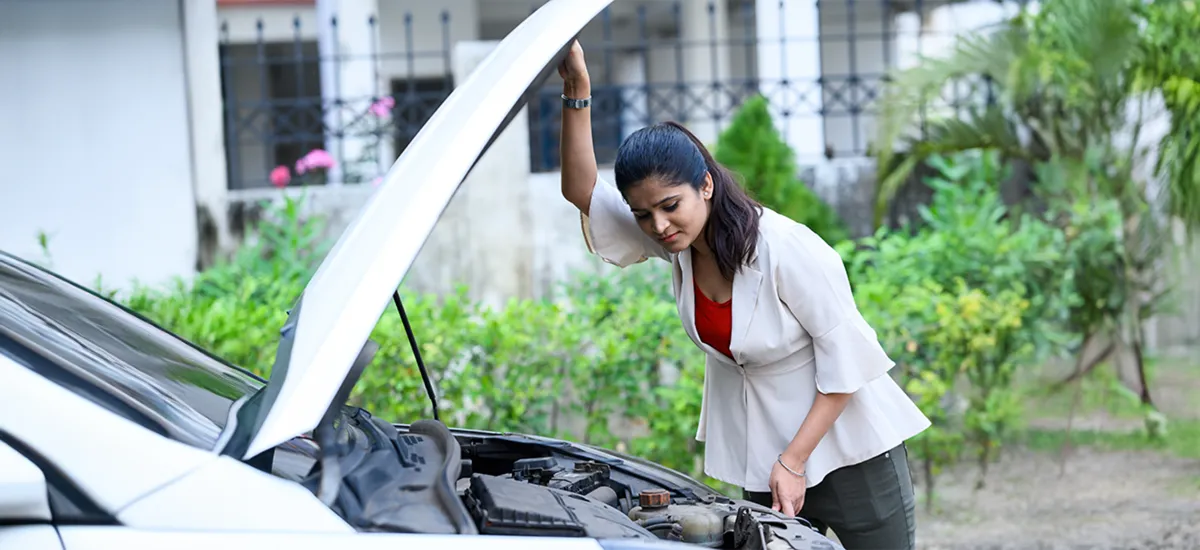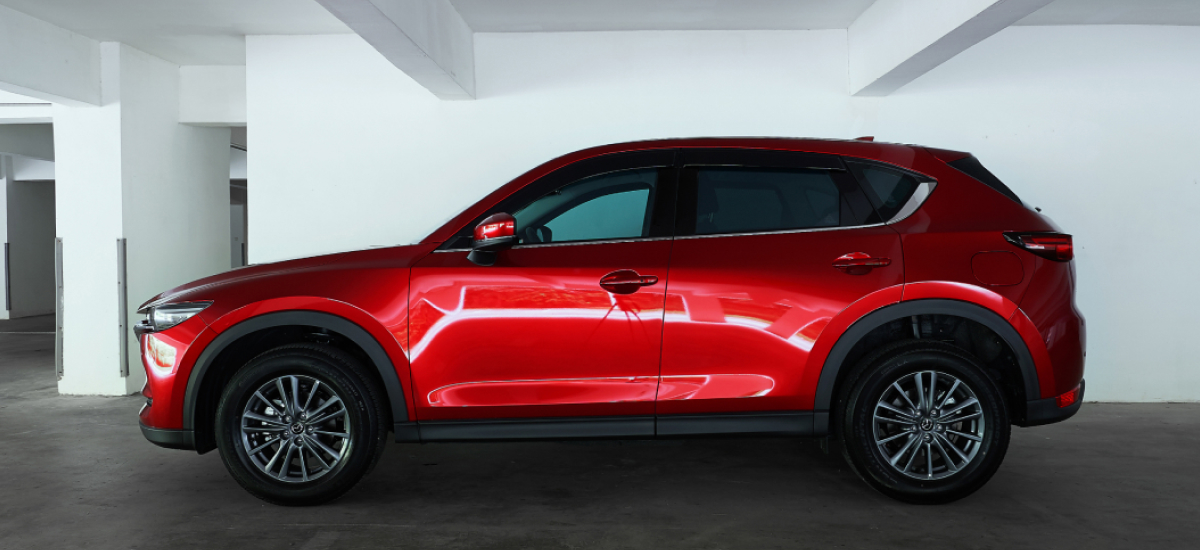Owning a car in India comes with the responsibility of protecting yourself, your vehicle, and third parties from potential financial losses due to accidents or damages. With a wide range of car insurance options available, it can be challenging to navigate through the different types of car insurance in India and choose the right policy for your specific needs.
In this article, we’ll guide you through the different types of motor insurance policies and their features so you can make a smart, well-informed choice for your vehicle.
What is car insurance?
Car insurance is a contract between the vehicle owner and the insurance company, where the insurer agrees to provide financial protection against damages or losses incurred due to accidents, theft, or other covered events. In exchange, the policyholder pays a premium to maintain the insurance coverage. Car insurance is mandatory in India under the Motor Vehicles Act, ensuring that all vehicle owners have at least a basic level of protection.
What are the different types of motor insurance policies in India?
There are primarily two types of vehicle insurance policies available in India: Third-party liability insurance and comprehensive insurance. Let's take a closer look at each of these options.
1. Third-party insurance policy
Third-party insurance is the mandatory minimum coverage required by law for all vehicle owners in India. This policy covers the cost of damages or injuries caused to a third party, including their vehicle, property, or person, in case of an accident caused by the insured vehicle.
However, it does not cover any damages to the insured vehicle itself or the owner-driver. The premium for third-party insurance is relatively affordable, making it accessible to a significant portion of the population.
Comprehensive insurance policy
Comprehensive insurance, also known as own damage cover, provides a higher level of protection compared to third-party liability insurance. In addition to covering third-party liabilities, a comprehensive policy also covers damages to the insured vehicle caused by accidents, theft, fire, natural disasters, and other specified perils.
It also includes personal accident cover for the owner-driver, which offers compensation in case of accidental death or disability. While the premium for comprehensive insurance is higher than third-party liability insurance, it offers more comprehensive coverage and peace of mind for vehicle owners.
Which one should you choose? Comparing the types of vehicle insurance policies
When deciding between third-party liability insurance and comprehensive insurance, consider the following factors:
1. Value of your vehicle: If you own an expensive car or have purchased your vehicle through a loan, opting for comprehensive insurance is advisable to protect your investment.
2. Age of your vehicle: As vehicles age, their value depreciates, and the cost of repairs can become significant. Comprehensive insurance can help mitigate these expenses.
3. Risk exposure: If you frequently drive in high-risk areas or during peak traffic hours, a comprehensive policy can offer added protection against potential accidents or damages.
4. Budget: While comprehensive insurance offers more extensive coverage, it comes at a higher premium. Assess your budget and choose a policy that balances your financial constraints with your desired level of protection.
Benefits of car insurance
Having a suitable car insurance policy offers several benefits, including:
1. Financial protection: Car insurance safeguards you from the financial burden of repairs, replacements, or legal liabilities arising from accidents or damages.
2. Legal compliance: With third-party liability insurance being mandatory in India, having a valid policy ensures that you are complying with the law.
3. Peace of mind: Knowing that you are protected against unforeseen events and expenses related to your vehicle can provide peace of mind while driving.
4. No Claim Bonus (NCB): If you do not make any claims during a policy year, you can earn a No Claim Bonus, which translates to a discount on your premium upon renewal.
What are the different types of add-on covers in car insurance?
To further enhance your car insurance coverage, insurers offer various add-on riders that can be purchased alongside your comprehensive insurance policy. Some popular add-on covers include:
1. Zero depreciation cover
Also known as bumper-to-bumper cover, this add-on ensures that you receive the full claim amount without any deduction for depreciation on replaced parts. It is particularly useful for new vehicles, as it helps maintain the car's value and reduces out-of-pocket expenses during repairs.
2. Roadside assistance cover
This add-on provides 24x7 assistance in case of breakdowns, flat tyres, or other emergencies on the road. It includes services like towing, on-site repairs, fuel delivery, and more, ensuring that you are never stranded helplessly.
3. Key replacement cover
If you lose your car keys or they get stolen, this add-on cover reimburses the cost of replacing them, which can be quite expensive, especially for modern cars with advanced key systems.
4. NCB protection cover
The NCB protection cover allows you to retain your No Claim Bonus even if you make a claim during the policy year. This ensures that you continue to enjoy the discount on your premium upon renewal, despite making a claim.
Stay protected on the road ahead
Understanding the different types of car insurance in India is crucial for making an informed decision when insuring your vehicle. While third-party liability insurance is mandatory, opting for a comprehensive policy with suitable add-on covers can provide more extensive protection and peace of mind.
Consider factors such as the value and age of your vehicle, your risk exposure, and your budget when choosing a policy. By having the right car insurance coverage, such as that of Generali Central Inssurance, you can drive with confidence, knowing that you are financially protected against unforeseen events on the road.
FAQs
1. Is car insurance mandatory in India?
Yes, third-party liability insurance is mandatory for all vehicle owners in India under the Motor Vehicles Act.
2. What is the difference between third-party liability insurance and comprehensive insurance?
Third-party liability insurance covers damages to third parties, while comprehensive insurance covers both third-party liabilities and damages to the insured vehicle.
3. Can I customise my car insurance policy with add-on covers?
Yes, insurers offer various add-on covers that can be purchased alongside a comprehensive insurance policy to enhance your coverage.
4. How can I save money on my car insurance premium?
You can save money on your car insurance premium by maintaining a good driving record, installing safety devices, choosing a higher voluntary deductible, and renewing your policy on time to avail of the No Claim Bonus.
5. What should I do if I am involved in a car accident?
If you are involved in a car accident, first ensure the safety of all parties involved, inform the police, and contact your insurance company immediately to initiate the claim process.































